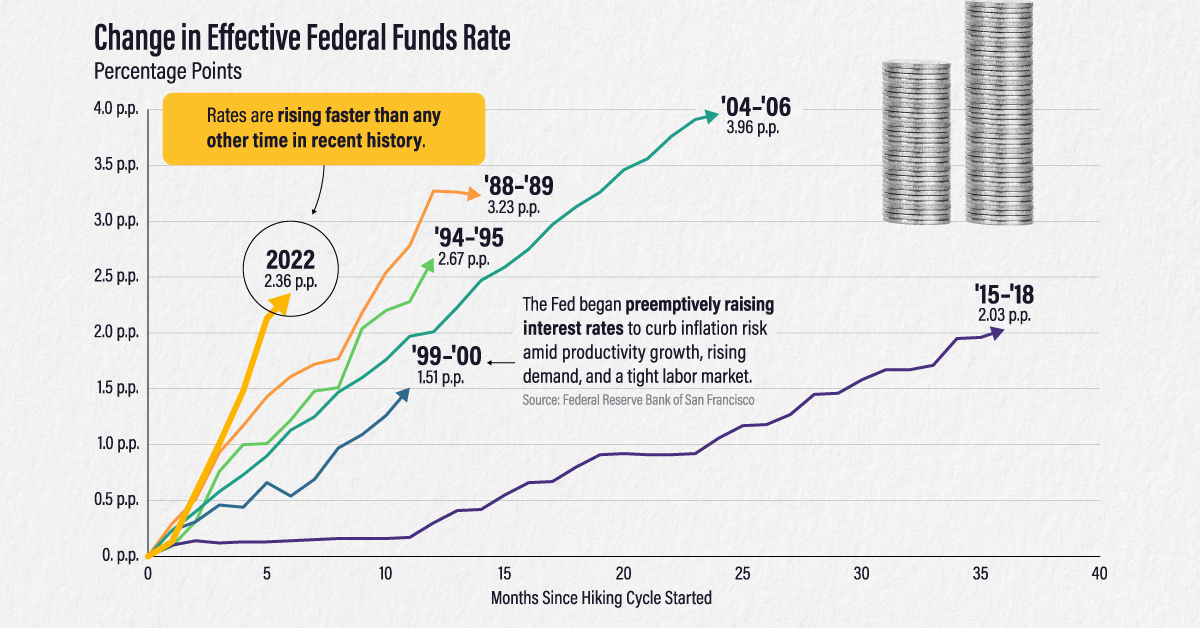The Future Of Luxury Cars In China: Lessons From BMW And Porsche's Struggles

Table of Contents
BMW and Porsche's Challenges in the Chinese Market
The dominance of international luxury brands in China is being fiercely challenged. BMW and Porsche, while still significant players, are facing headwinds from several key sources.
The Rise of Domestic Competition
The Chinese automotive industry has made remarkable strides, producing increasingly sophisticated and desirable luxury vehicles. Brands like Hongqi, with its strong nationalistic appeal, and the premium range from BYD, known for its technological prowess and aggressive pricing, are rapidly gaining market share. These domestic brands possess several competitive advantages:
- Increased localization of parts and manufacturing: This reduces costs and streamlines supply chains, offering price advantages over imported vehicles.
- Government initiatives promoting domestic brands: Subsidies and favorable policies are boosting the competitiveness of Chinese luxury car manufacturers.
- Aggressive marketing strategies targeting Chinese consumers: These campaigns effectively leverage digital platforms and cultural understanding to connect with the target audience.
Data reveals a clear trend: While precise figures fluctuate, the sales growth rate of domestic luxury brands consistently outpaces that of established international players. This shift highlights the growing preference for vehicles that resonate with national pride and offer competitive pricing.
Evolving Consumer Preferences
Chinese consumer preferences are evolving at a breathtaking pace. The demand for luxury is undeniable, but the definition of "luxury" is undergoing a significant transformation.
- Growing demand for electric and hybrid luxury vehicles: Environmental consciousness and government incentives are driving a rapid shift towards electrified vehicles.
- Importance of strong digital presence and online brand building: Chinese consumers are highly digitally engaged, making a strong online presence crucial for success.
- Focus on personalized customer experiences and after-sales service: Exceptional customer service and tailored experiences are becoming key differentiators.
Beyond technology, Chinese consumers often prioritize larger vehicles and specific technological features not always prevalent in Western markets. This necessitates a deep understanding of local preferences for successful product development.
Supply Chain and Infrastructure Hurdles
Navigating the Chinese automotive market presents logistical and infrastructural challenges for international brands.
- Impact of tariffs and import regulations on profitability: Import duties and regulatory complexities significantly impact the cost and profitability of imported vehicles.
- Challenges in maintaining consistent supply chains: Global supply chain disruptions, particularly those experienced in recent years, have exacerbated these difficulties.
- Need for robust after-sales service infrastructure: Providing timely and efficient after-sales service across a vast geographical area is crucial for customer satisfaction.
These challenges require significant investment and strategic planning to mitigate risks and ensure operational efficiency.
Strategies for Success in the Chinese Luxury Car Market
For international luxury car brands to thrive in China, adaptation and innovation are paramount.
Adapting to Local Tastes and Preferences
Successful brands prioritize understanding and catering to the unique preferences of Chinese consumers.
- Tailoring vehicle designs to suit Chinese consumer preferences (e.g., size, features): This requires market research and a willingness to adapt designs to local tastes.
- Developing targeted marketing campaigns that resonate with Chinese culture: Marketing strategies must be culturally sensitive and utilize appropriate channels.
- Investing in local research and development: Understanding the local market requires on-the-ground research and collaboration with local experts.
Embracing Technological Innovation
Technological advancements are crucial for competitiveness in the Chinese market.
- Investment in electric vehicle technology: Electric and hybrid vehicles are essential for long-term success.
- Development of advanced driver-assistance systems: ADAS features are highly valued by Chinese consumers.
- Integration of smart technologies and connectivity features: Seamless connectivity and smart features are increasingly important.
Building Strong Local Partnerships
Collaboration with local businesses and suppliers is crucial for long-term success.
- Forming strategic partnerships with local suppliers and distributors: Local partnerships enhance efficiency and brand recognition.
- Establishing robust dealer networks with excellent after-sales support: A strong dealer network is key for customer satisfaction and brand loyalty.
- Investing in community engagement initiatives: Building strong relationships with local communities fosters goodwill and brand loyalty.
Charting a Course for the Future of Luxury Cars in China
The Chinese luxury car market presents both significant challenges and remarkable opportunities. Success hinges on a deep understanding of evolving consumer preferences, a commitment to technological innovation, and the establishment of strong local partnerships. BMW and Porsche's experiences highlight the need for adaptability and a willingness to embrace change. Understanding the nuances of the Chinese market is key to success. Continue your research on the future of luxury cars in China to stay ahead of the curve. Learn from BMW and Porsche's experiences and navigate the complexities of the future of luxury cars in China successfully.

Featured Posts
-
 Boe Should Consider Smaller Qe In Future Economic Shocks Greenes Proposal
Apr 23, 2025
Boe Should Consider Smaller Qe In Future Economic Shocks Greenes Proposal
Apr 23, 2025 -
 Nancy Mace Confronted By South Carolina Voter A Heated Exchange
Apr 23, 2025
Nancy Mace Confronted By South Carolina Voter A Heated Exchange
Apr 23, 2025 -
 Ankhfad Ser Aldhhb Terf Ela Asearh Balsaght Alywm
Apr 23, 2025
Ankhfad Ser Aldhhb Terf Ela Asearh Balsaght Alywm
Apr 23, 2025 -
 Clevelands Francona Out With Illness Missing Brewers Game
Apr 23, 2025
Clevelands Francona Out With Illness Missing Brewers Game
Apr 23, 2025 -
 Yankees Historic Night 9 Home Runs Judges Triple Power Surge
Apr 23, 2025
Yankees Historic Night 9 Home Runs Judges Triple Power Surge
Apr 23, 2025
